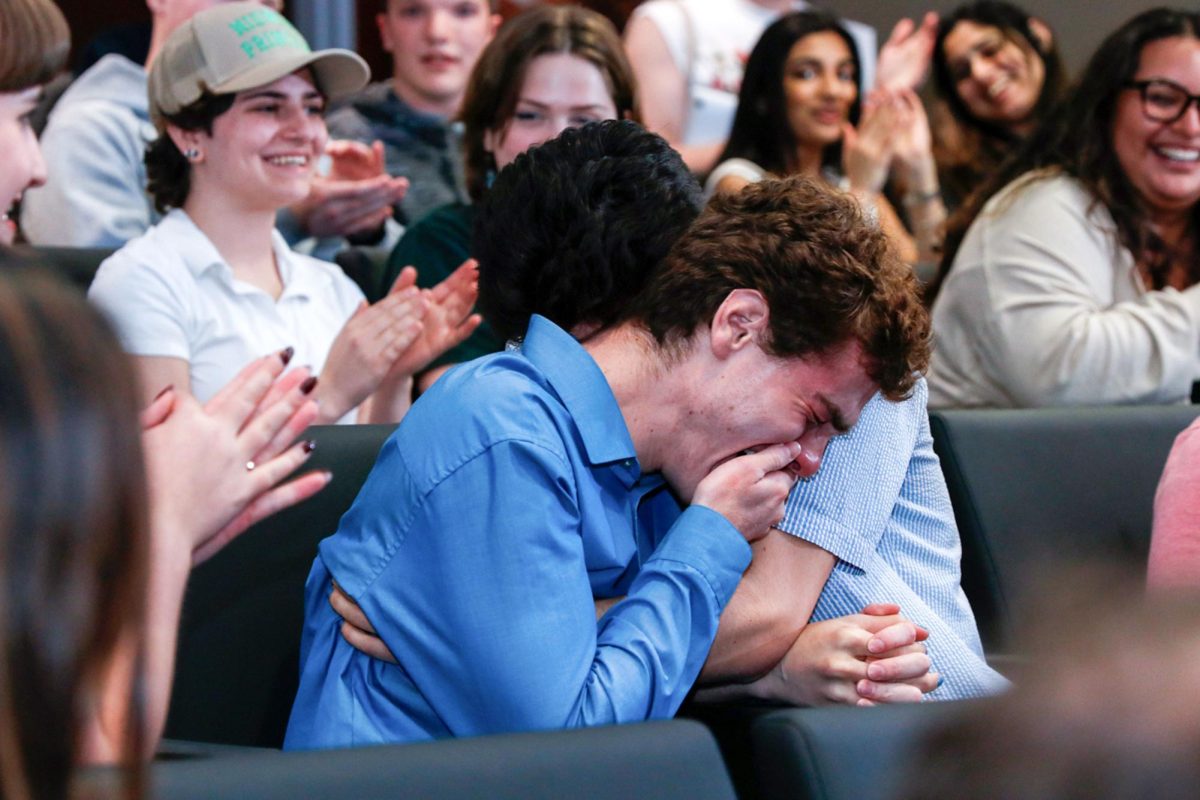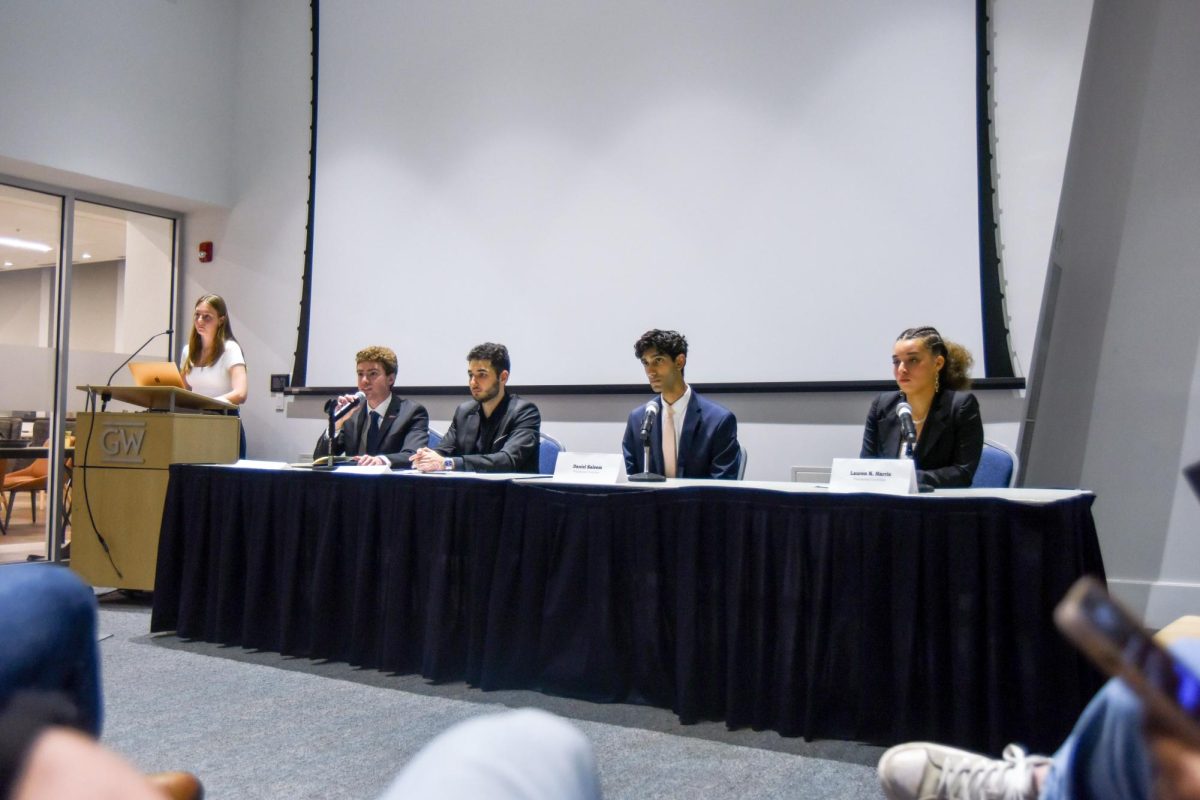Updated: March 24, 2022 at 8:24 p.m.
The Student Association Senate approved a referendum for the SA’s upcoming election ballot Monday asking students whether to amend the SA Constitution in line with “current financial practices” at an emergency senate meeting.
The referendum will ask students whether the constitution should codify how students can approve or reject potential adjustments to the SA fee and require the senate to adopt the budget for the upcoming fiscal year in March. SA Sen. Yan Xu, ESIA-U, introduced the Financial Practice Act, which the senate passed almost unanimously, to add recent finance bylaw reforms passed throughout the academic year to the constitution.
If students approve the referendum, the constitution will outline a process allowing students to vote on any proposed adjustments to the SA fee – which totals $3 per credit hour – through a referendum.
Xu said adopting a new fiscal budget later in the spring is “not practical” when senators are still newly elected and also need to fill each of the senate’s five committees.
“To let the senate-elect adopt the budget for next fiscal year is not practical because they will organize them into committees in mid- to late-April,” Xu said. “And we are already at the end of the semester, everyone will go on vacation.”
For the second consecutive meeting, the senate rejected legislation that would have set two other referenda asking students to expand the powers of the SA’s judicial branch and fill senate vacancies through special elections and non-voting delegates.
The Judicial Reform Act, the first bill to fail, would have placed a referendum on the election ballot asking students to give the Student Court more influence over senate procedure through advisory opinions on subjects not brought before the court. SA Sen. Cody Ingraham, Law-G, said he voted against the resolution for a second time, after the senate first debated the legislation earlier this month, because it would overextend the power of the court.
“To my understanding, this is still allowing for advisory opinions, which I’m still against,” Ingraham said. “I think it doesn’t fit the need for the court. I will still be voting no on this resolution because of that.”
The Electoral and Representational Reform Act, the second bill to fail, would have set a referendum asking students to allow the senate to fill vacancies through special elections and appoint non-voting delegates from “underrepresented” groups, like freshmen on campus. Vacancies are currently filled by senate confirmation.
SA Sen. Gabe Young, CCAS-U, who supported the act, said the resolution needed more “tangible” definitions of “underrepresented groups.” He said the lack of a concrete definition could create problems for future senate bodies.
“I’m not fully opposed to it,” Young said. “I would just prefer if there could be another amendment right now that can provide some more concreteness to this.”
The next senate meeting will be held March 28 at 8:30 in the Continental Ballroom in the University Student Center.
This post was updated to correct the following:
The Hatchet incorrectly reported that the newly elected senate can adopt the budget for the upcoming fiscal year. The current senate can adopt the budget in March. The Hatchet also reported that the legislation would amend the SA Constitution in line with recently updated finance bylaws. The amended constitution would align with “current financial practices.” We regret this error.








